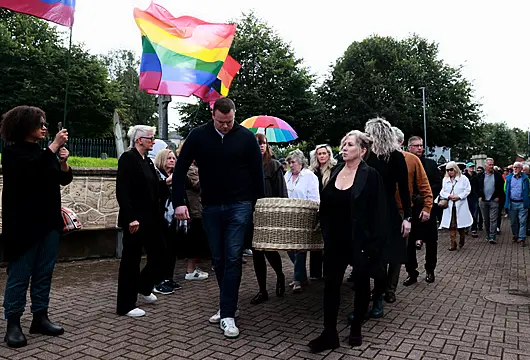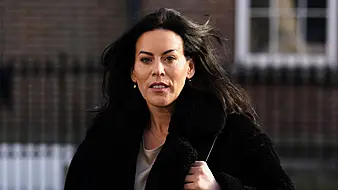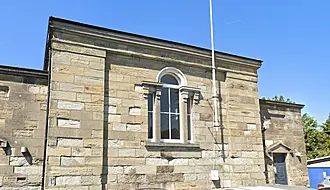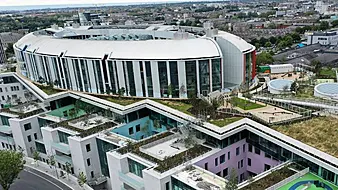Mourners have gathered to remember the activism of journalist Nell McCafferty, who was described as a unique and bold figure.
People held LGBT+ rainbow flags on the way into St Columba’s Church, Long Tower, and applauded after one of her articles about Bloody Sunday was read out during the ceremony.
First Minister Michelle O’Neill and representatives of the President of Ireland Michael D Higgins and Taoiseach Simon Harris were among those in attendance.
Tributes have poured in from activists, politicians and artists about her work as a journalist, as a prominent voice on women’s rights issues across the island of Ireland and for co-founding the Irish Women’s Liberation Movement in 1970.
The writer, 80, died on Wednesday at a nursing home in Fahan, Co Donegal, following a long illness.
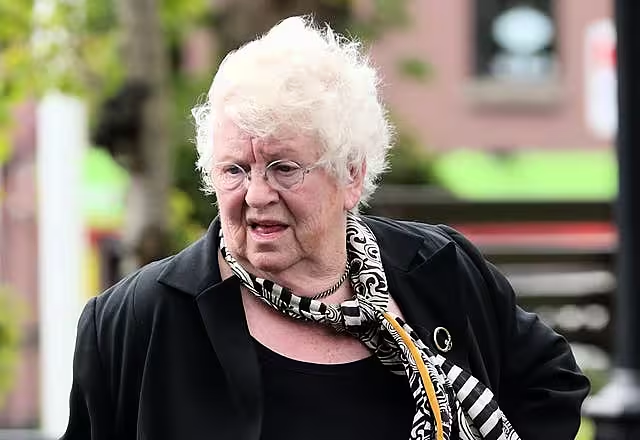
Addressing the congregation, former journalist Eamonn McCann read out extracts from an article McCafferty wrote for her local paper about Bloody Sunday, which bore the headline “There will be another day”.
The article gave a powerful immediate reaction to the news that 13 people had been shot dead after soldiers opened fire on a civil rights march on January 30 1972.
Mr McCann said: “Bloody Sunday is very important to Derry of course, it’s defined us all. Whatever you thought of your politics and so on, it’s defined everybody from Derry.”
He said that hours after the chaos unfolded, no-one knew exactly how many people had been killed or wounded.

The then-MP for Mid-Ulster Bernadette McAliskey, who was in attendance at the funeral, was given the names of the 13 men who were killed after phoning the hospital.
“I remember Nell holding Bernadette’s elbow as she was taking the names of the Bloody Sunday dead, and she just kept on writing,” Mr McCann said.
“That was a terrible omen, and I remember the shiver which went through the hallway and through the McCafferty house and eventually through the whole of Derry and large parts of the world.”
He said Bloody Sunday had an effect on McCafferty, on how she viewed politics, on how she thought of her city’s people and its marches.
In the article that she wrote for the paper, she called the infamous event both “a fine day and a foul day”, he said.
She described the thousands of people singing and marching through the streets as part of the “fine day” it had been, but that “death is no stranger to us now”.
“Let it not be said of us that they died in vain. Stay free brothers and sisters, there will be another day,” she wrote.
“And so there will be another day, but there will never be another Nell McCafferty,” Mr McCann said, which was met with a lengthy applause from mourners.
As her coffin was carried out of the church at the end of the mass, mourners applauded her once more.
